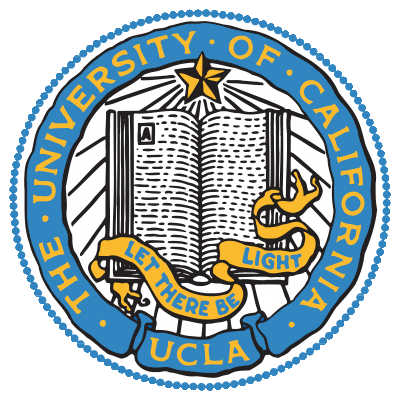Written Qualifying Exam
The written examination consists of submitting a written research proposal to an ad hoc committee consisting of more than two faculty members within the specialty area. The research proposal must be written according to the NIH grant application format.
NIH R01 & R21 Hybrid Grant Proposal
- Specific Aims (1 page)
- Background and Significance (1 page)
- Research Design and Methods (10-11 pages)
- NOTE: Background and Significance plus Research Design and Methods are ≤ 12 pages
- NOTE: Preliminary Studies section does not apply for this proposal (NO preliminary data is to be generated for this proposal
- Literature Cited is a separate section that is as long as needed and does not count towards the 12 page limit.
The Topic should be one developed by student themselves
- Topic should NOT be directly related to their ultimate research
- (Concern is that student NOT be handed a project, but that the written proposal represent their development of an idea)
While a hypothesis is not required, it is strongly recommended as it provides a short concise statement of the major emphasis of the work in a way that is testable and which will help focus the proposal.
Student presents this work in an oral follow-up to clarify questions that arise from written document. This is referred to as the "oral defense of the written proposal" (and not the "First oral" or "Oral Qualifier").
A written copy of the proposal must be provided to all Committee members at least two weeks prior to the scheduled oral defense of the written proposal.
Evaluation (pass/fail) done by a small (3-4) faculty committee (not necessarily student's thesis committee as that would not have been formed yet)
Written Qualifying Exam
Frequently Asked Questions:
- Who chooses the topic of the written qualifying exam proposal?
The topic is chosen by the student in consultation with their advisor. The advisor must approve the topic before the student proceeds on the written proposal.
- Can the topic be related to something I am currently working on?
No, the proposal is supposed to be in an area that the student has **not** been working on with their research lab. The purpose of the exam is to evaluate the student's ability to independently research a topic and formulate a proposal; therefore the topic must be an area that is not something the student has been working on in their current research lab.
- Can the topic be related to something I may work on in the future?
Yes, this is allowed provided that the topic is sufficiently different from the student's current research. Again, the purpose of the exam is to evaluate independent research skills so as long as the topic is sufficiently different from the student's current work, then this should be acceptable.
- Can the student consult with their advisor after the topic is agreed on?
Once the topic is agreed on, the student should not be consulting with their advisor on developing the proposal. This is to ensure that the proposal reflects the students thinking and ability to formulate the proposal.
- Can the student consult with ANYONE after the topic is chosen?
Yes. The student is **encouraged** to consult with others when developing their proposal - this includes other faculty members (NOT your advisor), other students, etc. Rehearsing the presentation with other students (especially more senior students who have already taken and passed the written qualifying exam as well as first oral proposals).


















